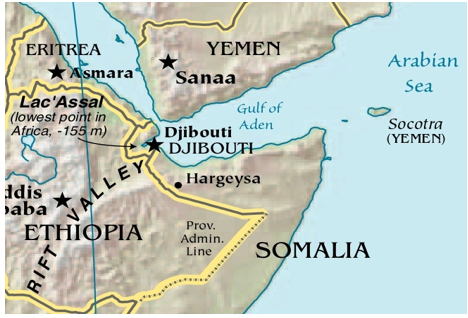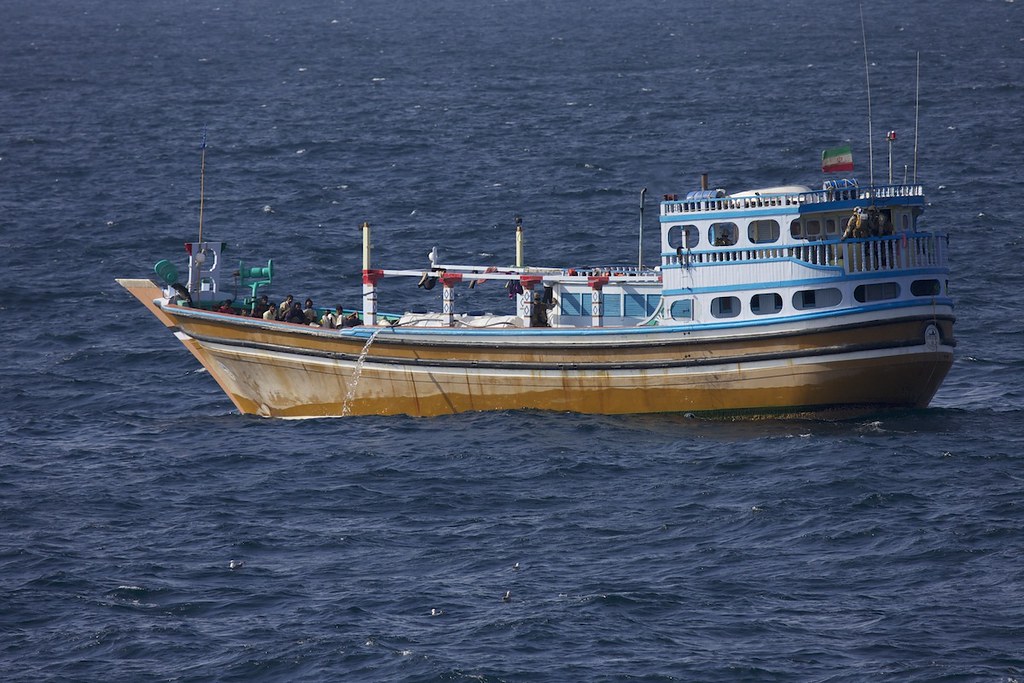Context:
Recently, the Indian Navy prevented two piracy attempts near the Somali coast in the Gulf of Aden.
What is Piracy?
The International Maritime Bureau defines Piracy as the act of boarding any vessel with an intent to commit theft or any other crime and with an intention or capacity to use force in aid of that act.
Reasons for High Rate of Piracy:
- Poor Policing and Weak Maritime Forces: Poor policing and weak maritime forces, often due to limited enforcement capabilities, contribute to challenges in preventing piracy.
- High Shipping Traffic Concentration: These regions serve as choke points with significant shipping traffic. The convergence of ships or their stationary presence provides opportunities for piracy.
- Poor Governance and Social Issues: Proximity to areas with poor governance and internal conflicts leads to unemployment, poverty, and increased crime. It contributes to the motivation for engaging in piracy.
- Legal Complexities and Coordination Challenges: These areas, including international waters and straits, fall under the jurisdiction of multiple countries. It leads to legal complexities and difficulties in coordination due to overlapping maritime jurisdictions.

Measures to Tackle Piracy
National:
- Anti Maritime Piracy Act 2022: The Act empowers Indian authorities to combat piracy in international waters, aligning with the UN Convention on the Law of the Sea (UNCLOS). It applies beyond India’s Exclusive Economic Zone (EEZ), i.e. areas beyond 200 nautical miles from the country’s coastline.
- Proactive Anti-Piracy Patrol: The Indian Navy has been actively engaged in the troubled areas off the Horn of Africa and the Gulf of Aden since 2008. It conducts continuous anti-piracy patrols, playing a crucial role in addressing piracy threats in the region.
- Rescue Operations: The Indian Navy successfully coordinated with the Sri Lankan and Seychelles navies in rescuing the Sri Lankan fishing trawler, Lorenzo Putha in January. Additionally, the Offshore Patrol Vessel INS Sumitra swiftly rescued two Iranian-flagged boats within 36 hours.
International:
- The United Nations Convention on the Law of the Sea (UNCLOS): Adopted in 1982, it lays down a comprehensive regime of law and order in the world’s oceans and seas, establishing rules governing all uses of the oceans and their resources. India has ratified UNCLOS.
- The International Convention for the Safety of Life at Sea, 1974 (SOLAS): The SOLAS Convention is regarded as the most important of all international treaties concerning the safety and security of merchant ships. India has ratified SOLAS.
Way Forward:
- Strengthen Enforcement: Invest in improving policing and maritime forces to prevent and respond effectively to piracy.
- Enhance Navigation Security: Implement strong security measures in high-traffic areas, collaborating internationally for effective enforcement.
- Address Root Causes: Tackle socio-economic issues like poor governance, conflicts, unemployment, and poverty to discourage piracy.
- Improve International Cooperation: Promote collaboration and establish clear legal frameworks to overcome coordination challenges in addressing piracy across maritime jurisdictions.

